News 20170209 - XMM-Newton
XMM-Newton-NEWS
XMM-Newton-NEWS #193, 09-Feb-2017
XMM-Newton Science Operations Centre atESA's European Space Astronomy Centre,
P.O. Box - Apdo. 78, 28691 Villanueva de la Cañada, Madrid, Spain
| SOC Home Page: | http://www.cosmos.esa.int/web/xmm-newton/ |
| Helpdesk web interface: | http://www.cosmos.esa.int/web/xmm-newton/xmm-newton-helpdesk |
| Helpdesk email address: | xmmhelp@sciops.esa.int |
| News Mailing List: | http://www.cosmos.esa.int/web/xmm-newton/newsletter |
Contents:
- Letter of Intent for Multi-Year Heritage Programmes
- Update of the EPIC and RGS Calibration Status Documents
- New version of the Pipeline Processing System (PPS)
- Scientific Validation Report for SAS v16.0
- Let us know about XMM-Newton related Ph.D.
Letter of Intent for Multi-Year Heritage Programmes
Following recommendation 2016-06-08/04 of the XMM-Newton Users' Group, in the next call for proposals (the 17th Announcement of Opportunity) a "Multi-Year Heritage Programme" will be established. This programme seeks scientific visionary projects which require at least 2 Ms of observing time. A total of 6 Ms of observing time, spread over three years, is planned to be made available for this programme.
In order to organise the evaluation and allocation of "Multi-Year Heritage Programme" projects, interested scientists are strongly urged to send an email with a letter of intent to the XMM-Newton Project Scientist ( ) before 31 March 2017. The letter should contain a draft title, a short (up to three sentences) description of the respective scientific area and an estimate of the required observing time.
The minutes of the last XMM-Newton Users' Group meeting are available at
https://www.cosmos.esa.int/web/xmm-newton/users-groupUpdate of the EPIC and RGS Calibration Status Documents
New versions of the documents describing the status of the calibration and specific data analysis for EPIC and RGS have been released.
These documents are available from the XMM-Newton Calibration Portal
https://www.cosmos.esa.int/web/xmm-newton/calibrationNew version of the Pipeline Processing System (PPS)
A new version of the Pipeline Processing System (PPS)
https://www.cosmos.esa.int/web/xmm-newton/pipelinewas released on January 31st. This pipeline version has been migrated to be based on SAS version 16.0, released earlier in January 2017, hence allowing pipeline products to remain up-to-date with the last calibration and data reduction techniques.
The main novelties of the new PPS are changes aimed at increasing the legacy value of the products. Source detection algorithms to slew data are now applied. Solar System objects are processed such that generated X-ray images and spectra are referred to the moving target frame of reference. The method applied to define the background region for source products from MOS data has been updated in line with the method established for pn in the previous PPS version. Also, some new products are delivered to ease quick inspection of the data.
A detailed description as well as a summary of the changes with respect to the previous pipeline can be found in the release notes at
https://www.cosmos.esa.int/web/xmm-newton/pipeline-configurationsScientific Validation Report for SAS v16.0
The results of the scientific validation of the XMM-Newton Science Analysis System (SAS) v16.0 have been summarised in a report available under the SAS Scientific Validation page
https://www.cosmos.esa.int/web/xmm-newton/sas-validationLet us know about XMM-Newton related Ph.D.
As announced in previous Newsletters (see e.g. issue #183), the XMM-Newton team is collecting information about the completion of doctorates and Ph.D. theses based on (or making use of) XMM-Newton observations.
We would appreciate if you - being a candidate or a supervisor of a doctorate - could let us know details through the page
https://www.cosmos.esa.int/web/xmm-newton/phd-thesesAlso we would be grateful if you could inform us (via a message to xmmhelp@sciops.esa.int, with subject "Ph.D. thesis work") in case you are aware of theses from, or supervised by, colleagues that make use of XMM-Newton data but are not yet included in the above list.
Yours sincerely,
XMM-Newton SOC
- Removed a total of (1) style text-align:center;
- Removed a total of (1) align=center.
- Removed a total of (1) border attribute.
- Converted a total of (1) center to div.
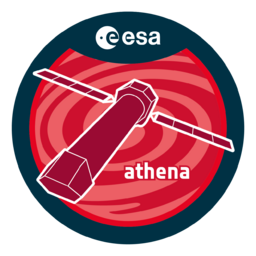
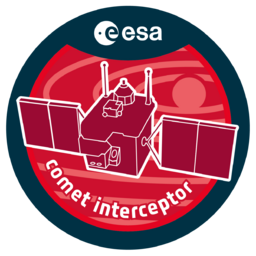

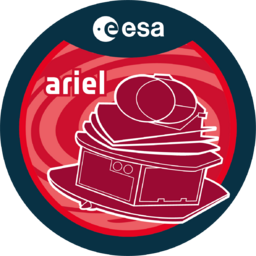
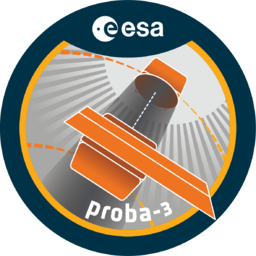
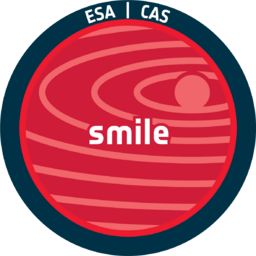
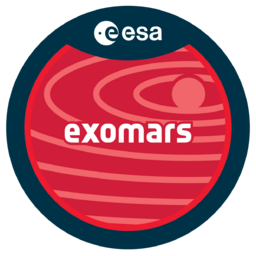
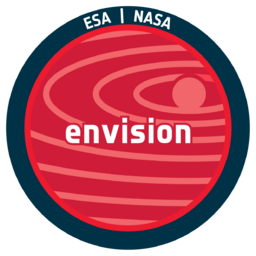
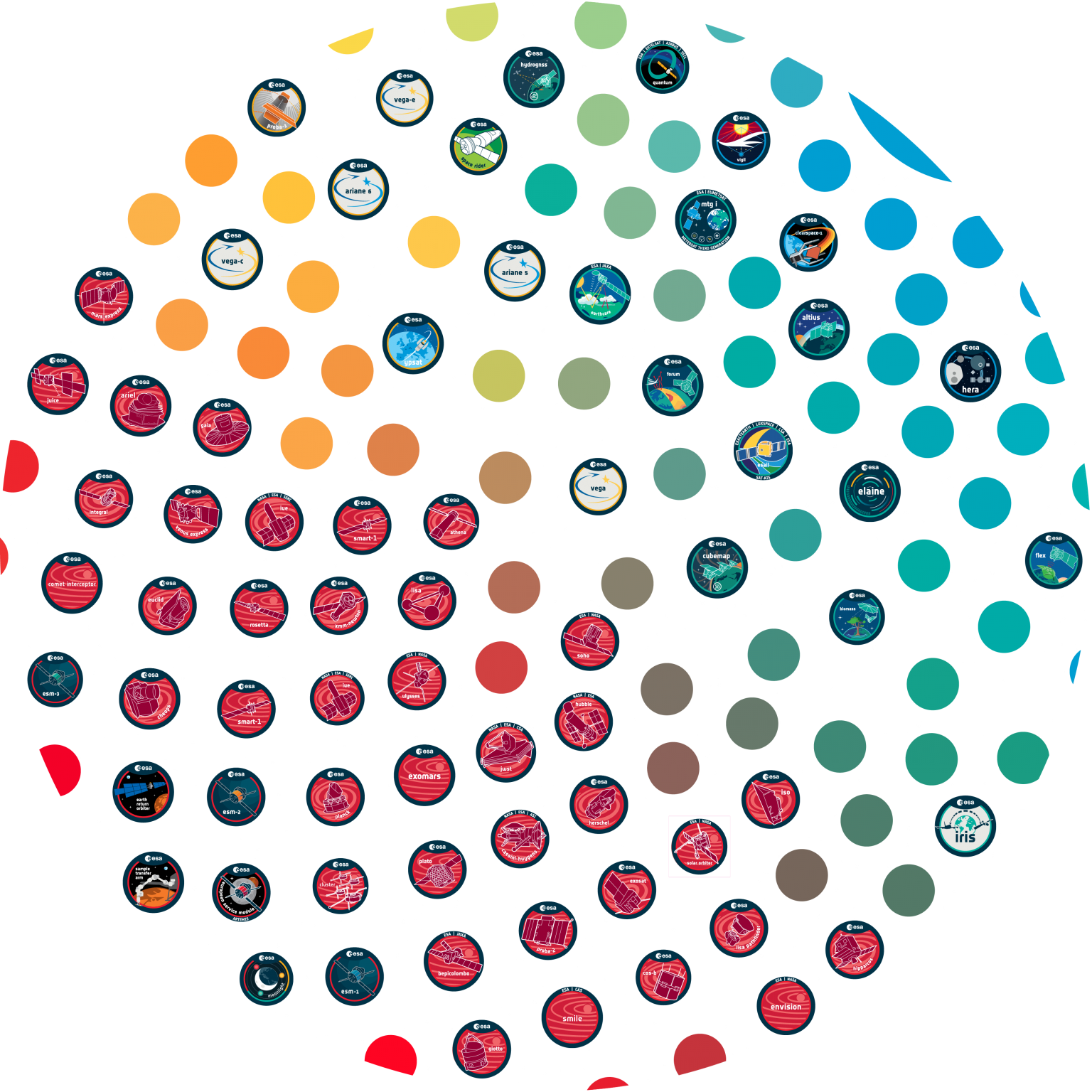
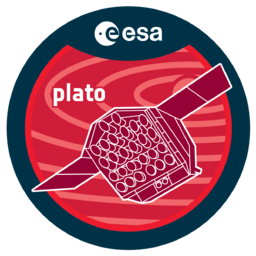
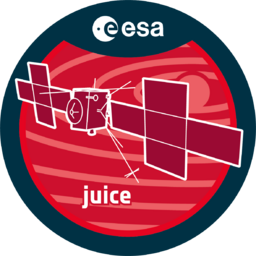
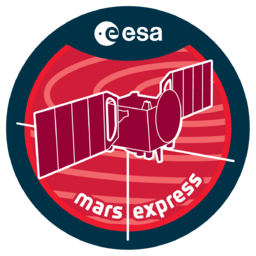
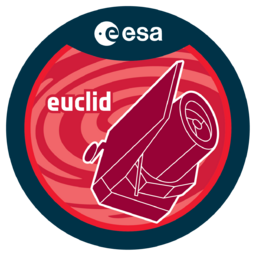
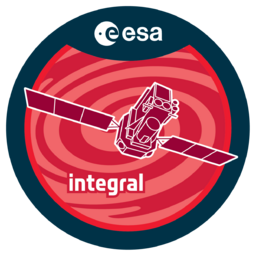
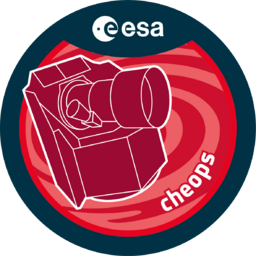
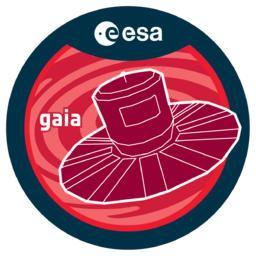
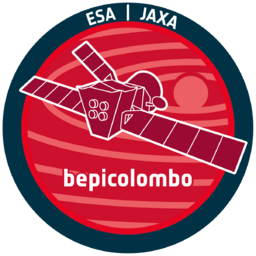
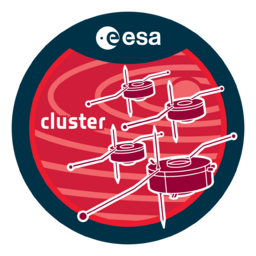
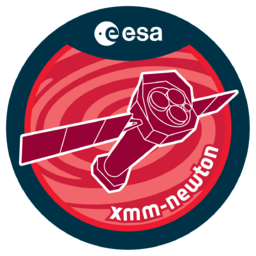
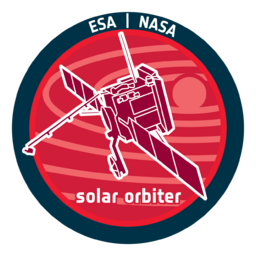
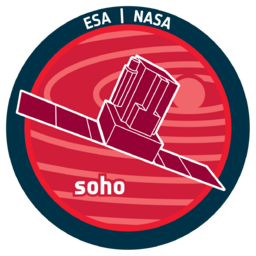
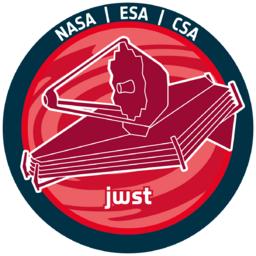
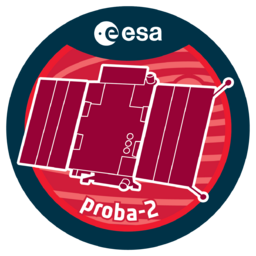
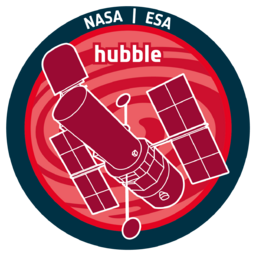
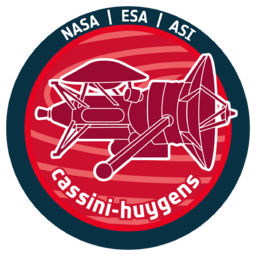
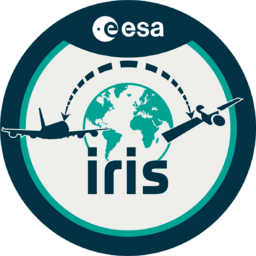

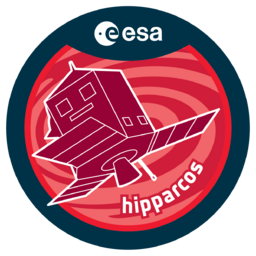
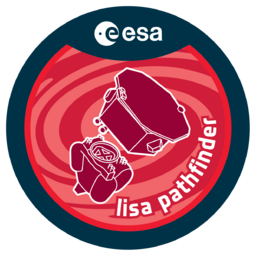
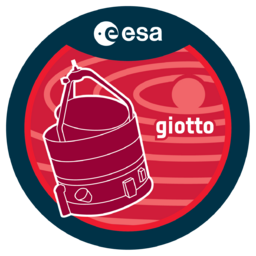
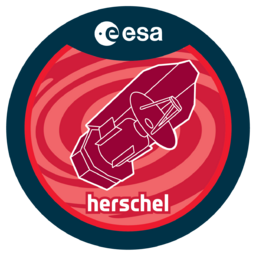
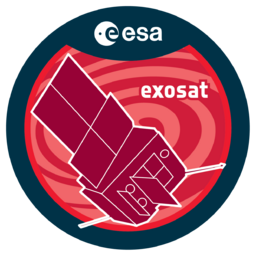
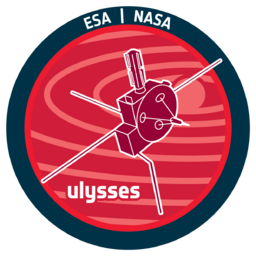
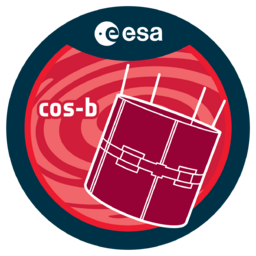
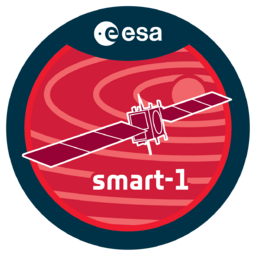
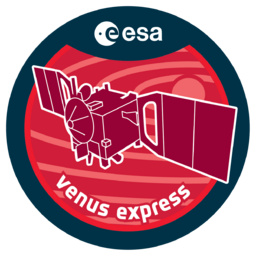
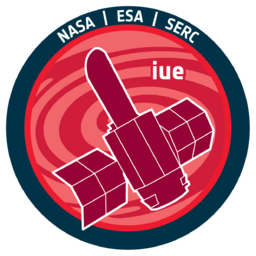
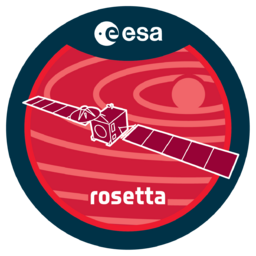
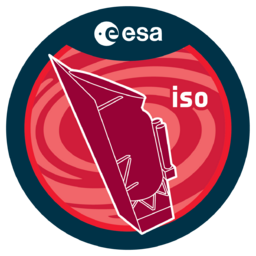

 Sign in
Sign in
 Science & Technology
Science & Technology